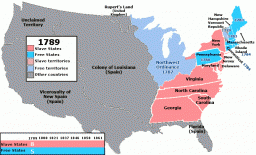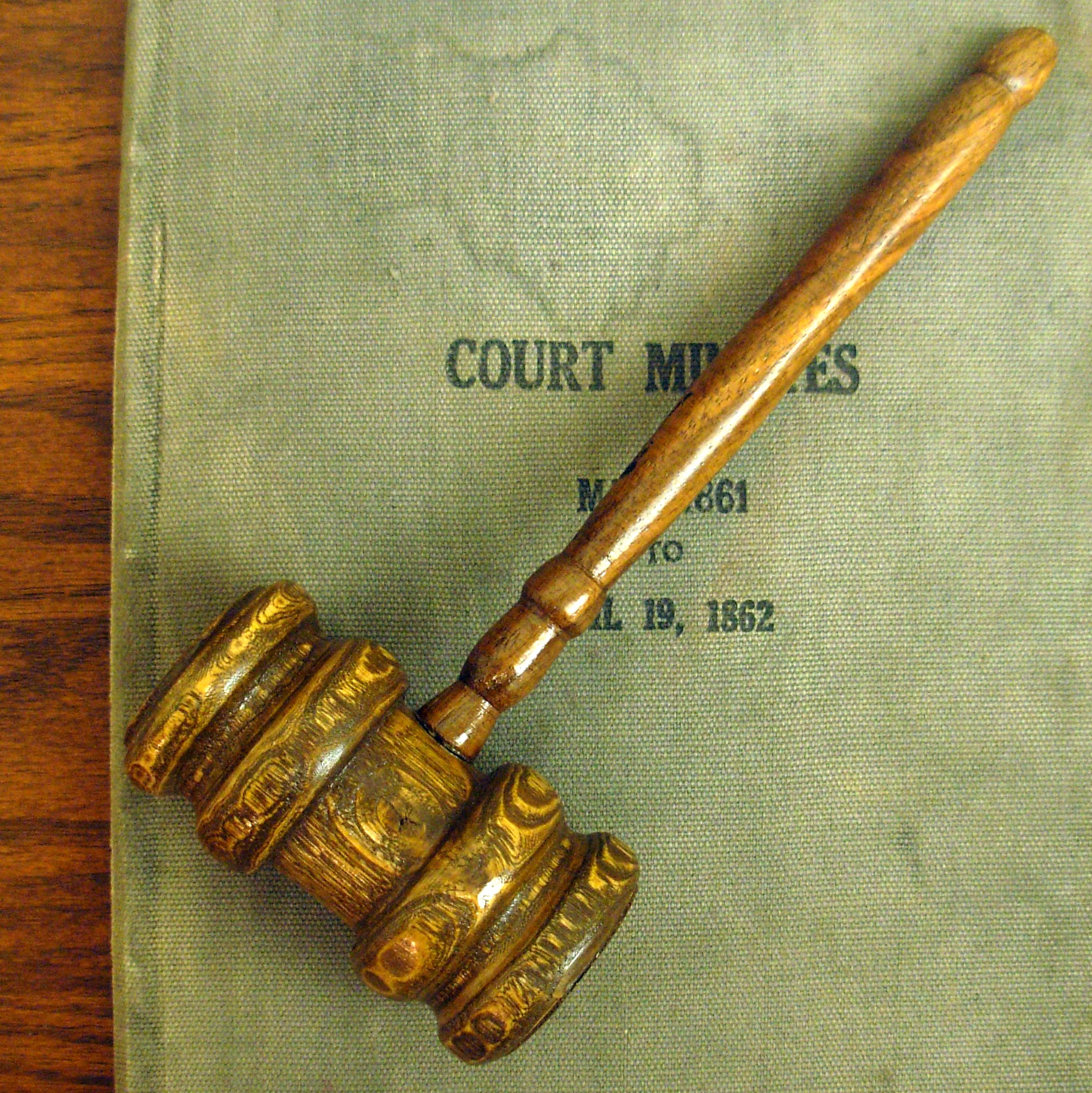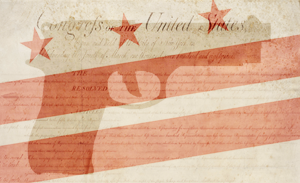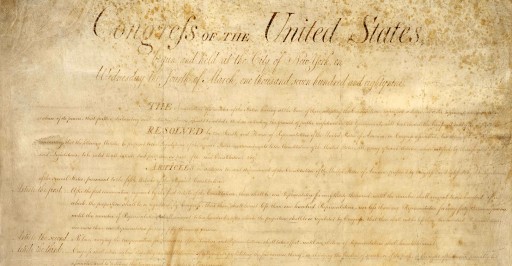You could have fooled me:
There are reports that the former Curves storefront at 2105 N. Pollard Street, in a small strip mall along Lee Highway, will be occupied by a gun shop. We, the citizens of Arlington County, oppose a gun shop at this location. We are alarmed that the shop is within 2 blocks of an Arlington County Public School that houses the HB Woodlawn Program and Stratford Program. Further, two elementary schools (Taylor and Arlington Science Focus), are only blocks away. Four additional schools are within 5 miles: Washington-Lee High School, St. Agnes, Key Elementary, and Glebe Elementary.
This is not a new idea. We sounded the alarm back in 2008 that Barack Obama was a proponent of the five mile rule for gun shops when he was an Illinois Senator. The idea has surfaced here and there ever since. Certainly this standard would ban gun shops most everywhere, except for very rural areas, but that’s the idea. It’s a backdoor way of banning guns and crushing the Second Amendment. If they came out and said they wanted to ban all guns, they’d lose all public support. So they come out and say something that sounds not quite so radical to the average low-information voters, and presto! You have a gun ban without making it sound like you want to ban guns.
I think the Second Amendment, properly interpreted, would bar any law that discriminated against gun dealers in zoning matters. It would not bar general zoning rules, such as those which distinguish between residential and commercial properties, but it would bar laws and ordinances clearly meant to frustrate the operation of businesses, rather than serving a legitimate government interest.
Much like the government must be neutral on matters of speech, so to must it be neutral on matters of gun ownership, including the right to sell firearms. The Second Amendment has to mean there is a right to sell firearms, albeit one subject to regulation according to Heller. You can find a lot of weak and lazy thinking about this on the other side in this area, such as this bit of commentary about a Minnesota car dealer that tried to have a gun giveaway with the purchase of a new car:
The dealer made claims about this being about the second amendment but the last time I checked there was nothing about a right to give guns away in a business deal. He also said callers were mean. I wonder if he means that the callers were insistent and emphatic in their opposition to the business deal.
When we’re “insistent and emphatic,” we’re “bullies.” When they do it, it’s fine. But let us not dwell on their rank hypocrisy, and get to the meat. In this case, since it was private pressure on the dealer that caused him to cancel the giveaway, the Second Amendment doesn’t apply here. The Bill of Rights only constrains government action, and not private action.
But if the Second Amendment is to be treated as other fundamental rights are treated, there is a presumption that the government needs to have a compelling interest, and the means the government uses to further that interest are the least intrusive method available. That’s strict scrutiny. Even intermediate scrutiny, if applied correctly by the courts (which it has not been in most cases) requires there to be an “important” government interest, where the law, ordinance, or regulation is “substantially related” to the promotion of that interest.
Now, let’s take a look at the case of a dealer giving away a gun through a federally licensed dealer. First, what government interest can we identify? “Reducing the number of guns on the street” is not an interest in light of gun ownership being a right. Keeping guns out of the hands of violent criminals is probably a compelling government interest, but since the person receiving it will have to undergo a federally mandated background check, that governmental interest is already at work here. They fail completely at the governmental interest part, whether you apply strict or intermediate scrutiny. The government can have no legitimate interest in reducing gun ownership levels, even if one were to accept the argument that reducing gun ownership in general reduces their availability to violent criminals. That would not be “narrowly tailored” or “substantially related.”
What about the ridiculous “not near a school rule?” Heller suggests that the government has a compelling interest in keeping firearms out of schools, since they are among the restrictions the Court said were “presumptively lawful.” Keeping guns out of the hands of children might be another compelling interest. But again, federally licensed dealers are prohibited from selling firearms to children. States can presumptively ban guns in schools, according to Heller, but would a ban on gun shops within 5 miles or even 1000 feet of a school be “narrowly tailored?” What interest would it be “substantially related” to? Again, by either strict or intermediate scrutiny, if applied correctly, these regulations do not pass constitutional muster. Such a law, if applied in the First Amendment context, would clearly be ruled “over broad” by the courts.
You will undoubtedly see more arguments along these lines, and it’s important to know how to take them apart and refute them. Make the other side look the uneducated fools. I don’t honestly blame them for summarily dismissing how we treat rights in this country, because their only hope left is to marginalize the Second Amendment, and somehow make it an outlying right. We should perhaps feel lucky they are so very bad at making those arguments.
UPDATE: See this map showing how five mile rule would work in Houston. How is this not a gun ban? “You can still own them. You just can’t really buy them, except for that one shop out in the middle of the desert that’s only open in the evenings. Only paranoid rednecks think the gun violence prevention movement is really a gun ban movement in disguise.”
 I was wondering when Saul Cornell, former director of the now defunct Second Amendment Research Center, would show his face again. SARC was a Joyce funded effort to promote anti-Second Amendment scholarship to counter the voluminous pro-Second Amendment scholarship that had started dominating academia. The two disparate points of view came head-to-head in the Heller decision, and not a single justice accepted Cornell’s points of view.
I was wondering when Saul Cornell, former director of the now defunct Second Amendment Research Center, would show his face again. SARC was a Joyce funded effort to promote anti-Second Amendment scholarship to counter the voluminous pro-Second Amendment scholarship that had started dominating academia. The two disparate points of view came head-to-head in the Heller decision, and not a single justice accepted Cornell’s points of view.





